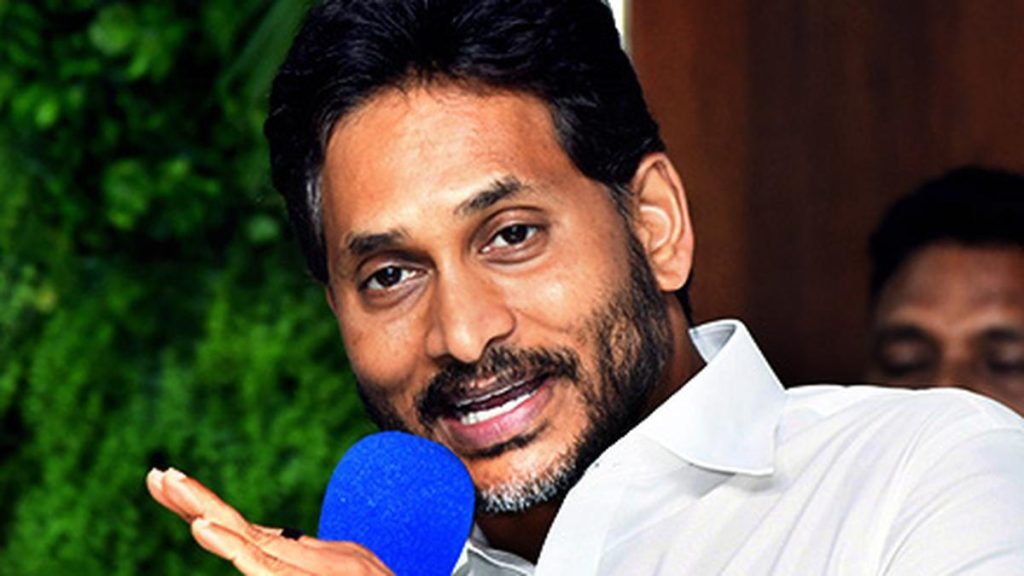Now Reading: Dignity in Aging: Ensuring Respect for Elderly Lives
-
01
Dignity in Aging: Ensuring Respect for Elderly Lives
Dignity in Aging: Ensuring Respect for Elderly Lives

Rapid Summary
- Indian family structures are evolving due to global influences, weakening traditional family ties.
- As family units shrink, the elderly face increased isolation and marginalization.
- Current schemes for elderly care often fall short; societal attitudes need to shift towards respect and well-being of the elderly.
- Traditional joint families honored elders as decision-makers, but this role is diminishing in digital-focused younger generations.
- Fragmentation of families raises concerns on preparing for old age without burdening children or society.
- Internalizing responsibility for elder care rather than blaming younger generations is emphasized.
- Physical and financial preparations are vital to maintain independence in old age.
- old-age homes should be redefined as supportive communities, not abandonment spaces.
Indian Opinion Analysis
The ongoing conversion in Indian familial structures necessitates a multifaceted approach to eldercare. The weakening of traditional ties combined with societal embrace of autonomy challenges the established norm where the elderly play pivotal roles in family decisions. This shift underscores an urgent need for systemic change—not just policy-based—but cultural and attitudinal adjustments focusing on dignity and self-sufficiency for seniors. Building environments that foster independence through physical health maintainance and financial security can alleviate pressures on younger generations while safeguarding senior well-being. Concurrently, redefining communal living spaces like old-age homes could offer option havens promoting companionship over abandonment.






















